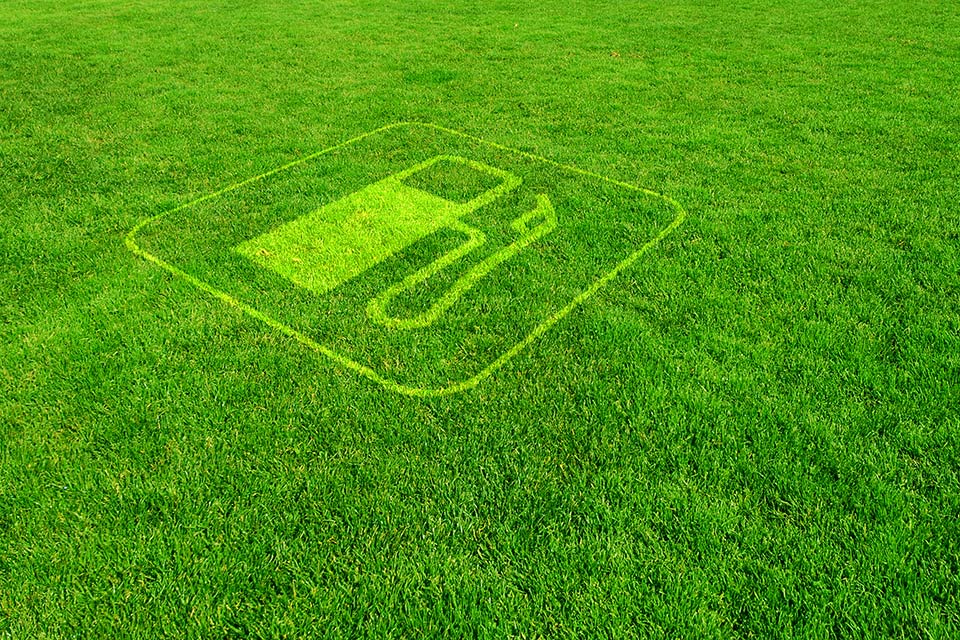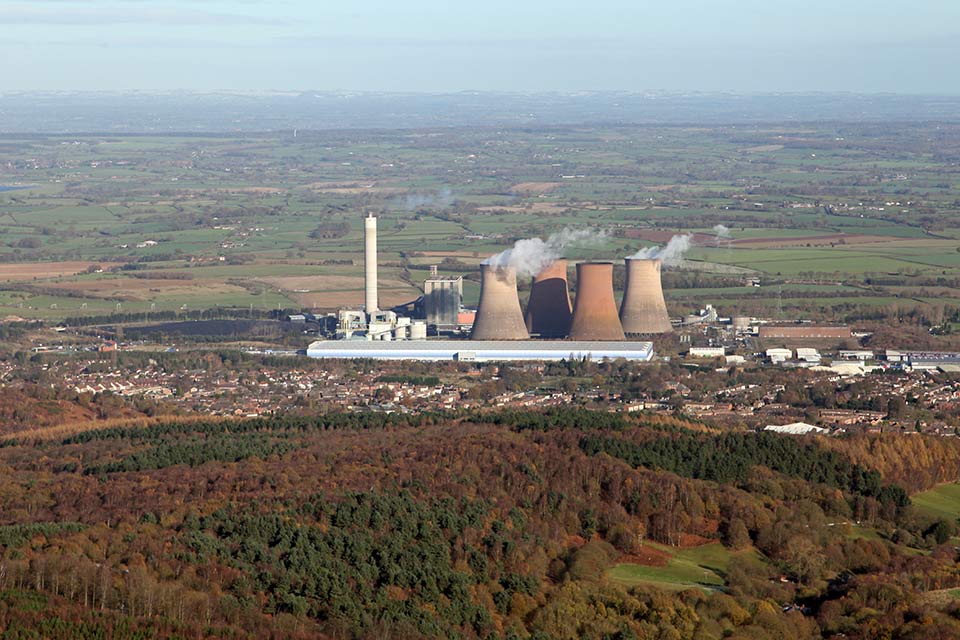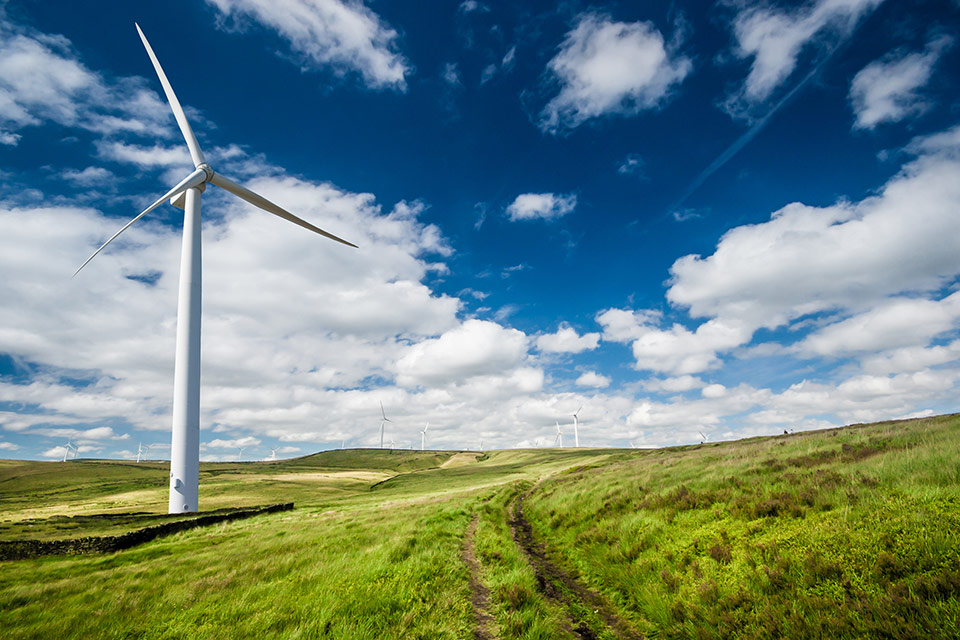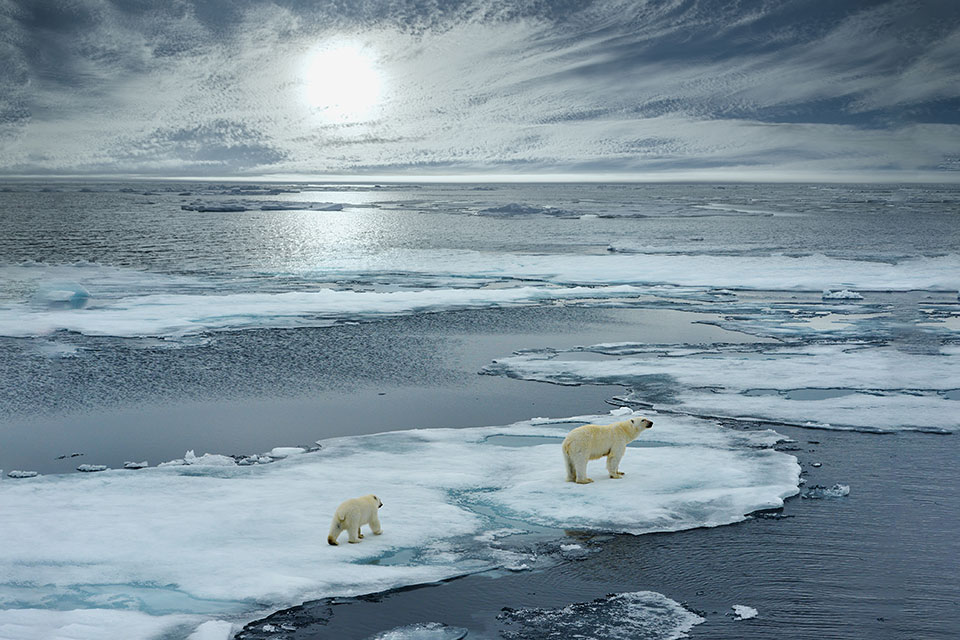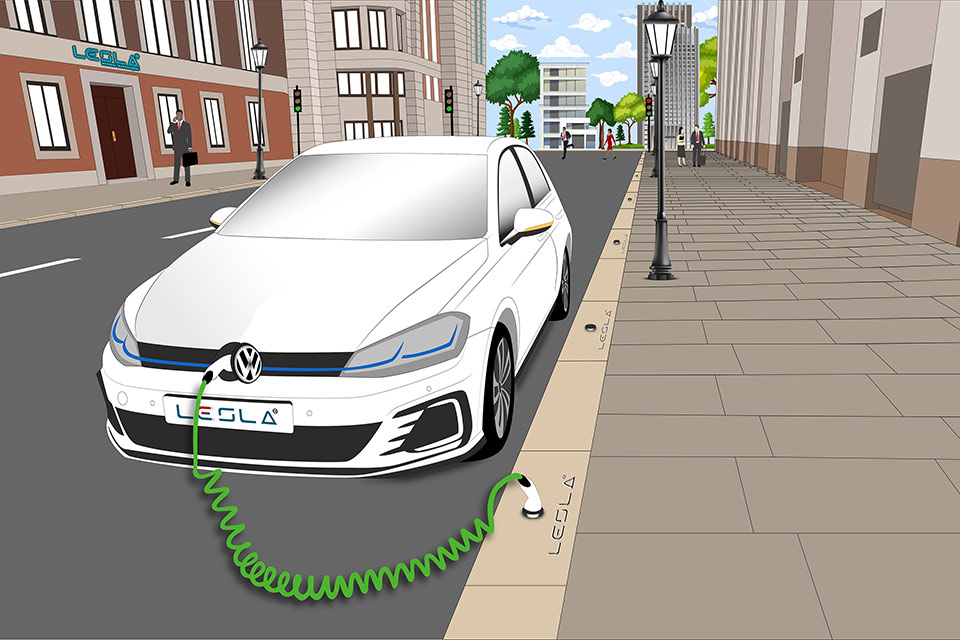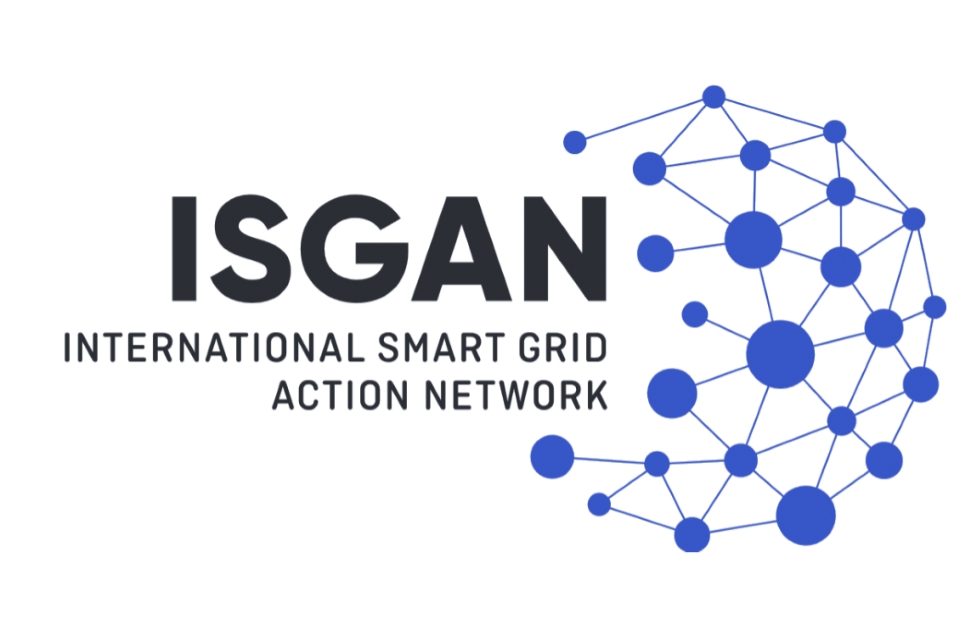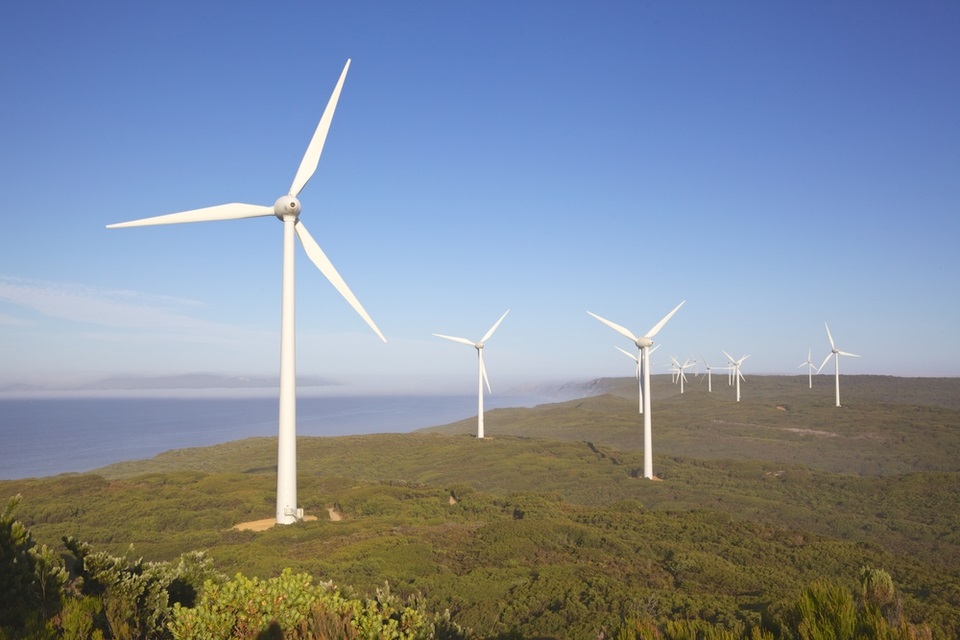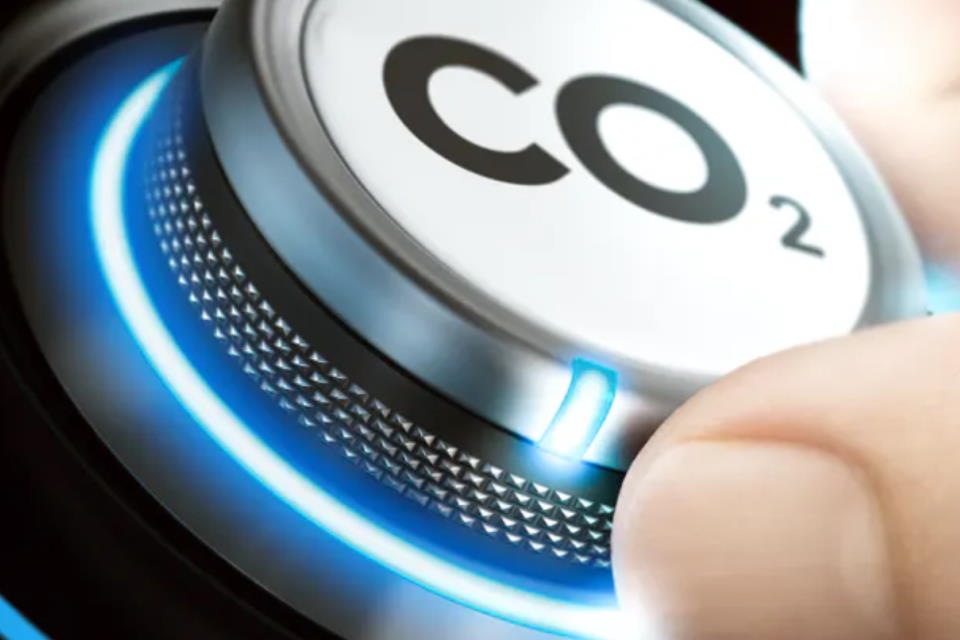Providing clean energy & reducing carbon emissions
Finding ways to fuel our society while reducing carbon emissions and avoiding other negative environmental and social impacts, while providing access to the energy resources needed for healthy lives and economy locally and globally, is an imperative. We are entering a paradigm shift into new ways of generating, regulating, governing and using energy, covering electricity, heat, and transport.
Keele is well placed to be a leader in contributing to this shift in energy paradigm through its Smart Energy Network Demonstrator exploring digital technologies and governance mechanisms to balance decentralised supply and demand, the HyDeploy project, trialing the injection of hydrogen into the gas network, and through significant generation of energy through renewables and the development of new clean technologies.
Equally important is an understanding of the societal response to this changing energy paradigm, and the impact on consumer behaviour, and ensuring equitable access and benefits to all energy users. This challenge encompasses this range of issues and their interactions both within the Keele campus, and at the broader regional, national and global scales.
This challenge theme supports the following UN Sustainable Development Goals:
![]()
A ground-breaking green energy trial
Pollution Know-how and Abatement project
A new zero carbon smart energy system
Smart, Infrastructure and Mobility Urban Laboratory and Test Environment
Smart Energy Network Demonstrator
Supporting Staffordshire Councils
A selection of published work
Book chapt in eds book: The thermodynamics of the social contract: infrastructure, state and moral ruminations in case of district heating in Bor (Serbia) and Rijeka (Croatia)
Jovanović D (in press) “The thermodynamics of the social contract: infrastructure, state and moral ruminations in case of district heating in Bor (Serbia) and Rijeka (Croatia)”, in Post-Socialist Urban Infrastructures, edited by T. Tuvikene, W. Sgibnev and C. S. Neugebauer, Routledge’s Planning and Urban Design book
Dr Deana Jovanović
Sociological Review Fellow 2017/2018
d.jovanovic@keele.ac.uk
Jun Cao, W Du and H F Wang (in press) Optimal Sizing and Control Strategies for Hybrid Energy Storage System as Limited by Grid Frequency Deviations, IEEE Transaction on Power Systems, Accepted 2018
Dr Jun Cao
Research Fellow in Energy
j.cao@keele.ac.uk
Afionis S. 2017. The European Union in International Climate Change Negotiations
Abstract: In conventional optimal power flow (OPF), parameters of electrical components such as resistance and thermal ratings of the overhead lines, are assumed to be constant despite the fact that they are strongly sensitive to the weather effect (e.g., temperature or wind speed) which influences the accuracy of optimal power flow results. This paper introduces a weather-based optimal power flow (WB-OPF)algorithm with wind farm integration by considering the temperature related resistance and dynamic line rating (DLR) of overhead transmission lines. A method of calculating the current-temperature relationship of bare overhead lines, given the weather conditions, is presented as a set of coupled temperature and power flow equations. A simplified general model is proposed to calculate the dynamic line rating (DLR) for maximizing the utilization of wind power. A Primal-dual Interior Point (PDIP) method is developed to solve the WB-OPF problem. The effectiveness of the proposed method is evaluated and demonstrated in the paper by two example power systems.
The EU has been portrayed as a leader in international climate change negotiations. Its role in the development of the climate change regime, as well as the adoption of novel policy instruments such as the EU Emissions Trading Scheme in 2005, are frequently put forward as indicative of a determination to push the international climate agenda forward. However, there are numerous instances where the EU has failed to achieve its climate change objectives (e.g. the 2009 Copenhagen Conference of the Parties). It is therefore important to examine the reasons behind these failures.
This book explores in detail the involvement of the EU in international climate talks from the late 1980s to the present, focusing in particular on the negotiations leading up to Copenhagen. This conference witnessed the demise of the top-down approach in climate change policy and dealt a serious blow to the EU’s leadership ambitions. This book explores the extent to which negotiation theory could help with better comprehending the obstacles that prevented the EU from getting more out of the climate negotiation process. It is argued that looking at the role played by problematic strategic planning could prove highly instructive in light of the Paris Agreement.
This broad historical perspective of the EU’s negotiations in international climate policy is an important resource to scholars of environmental and European politics, policy, law and governance.
Access: Keele campus library: QC903.2.E8A3
Routledge
Dr Stavros Afionis
Teaching Fellow in Environmental Politics
s.afionis@keele.ac.uk
Matthews PD, Lewis DJ, O'Brien P. 2017. Updating the road map to metal-halide perovskites for photovoltaics. JOURNAL OF MATERIALS CHEMISTRY A, vol. 5(33), 17135-17150
Abstract: Metal-halide perovskites have revolutionised photovoltaics in a short space of time due to their large power-conversion efficiencies and flexibility in device processing. However, questions loom over the deployment of these materials in photovoltaic modules including those of long-term stability and reproducibility in performance. In this review we provide an update to this rapidly developing field.
Access: Available from the Royal Society of Chemistry
Dr Peter Matthews
Research Fellow in Energy and Sustainability
p.d.matthews@keele.ac.uk
Matthews PD, McNaughter PD, Lewis DJ, O'Brien P. 2017. Shining a light on transition metal chalcogenides for sustainable photovoltaics. Chem Sci, vol. 8(6), 4177-4187
Abstract: Transition metal chalcogenides are an important family of materials that have received significant interest in recent years as they have the potential for diverse applications ranging from use in electronics to industrial lubricants. One of their most exciting properties is the ability to generate electricity from incident light. In this perspective we will summarise and highlight the key results and challenges in this area and explain how transition metal chalcogenides are a good choice for future sustainable photovoltaics.
Access: Avaliable from the Royal Society of Chemistry
Dr Peter Matthews
Research Fellow in Energy and Sustainability
p.d.matthews@keele.ac.uk
Vogler JF. 2017. The Challenge of the Environment, Energy and Climate Change. In International Relations and the European Union. Hill C and Smith M (Eds.). (2nd ed.). Oxford Univ Press
Abstract: 'International Relations and the European Union' takes a unique approach by incorporating the study of the EU's world role into the wider field of international relations. As the most comprehensive introduction to the EU's international relations written by leading experts in the field, it is the key text for anyone wishing to understand the EU's role in the contemporary world.
Beginning with an examination of theoretical frameworks and approaches, the book goes on to address the institutions and processes that surround the EU's international relations. Key policy areas, such as security and trade, are outlined in detail, alongside the EU's relations with specific countries, including the United States, China, India, and Russia.
Updates for the third edition include expanded discussions of three key perspectives to provide a rounded picture of the EU's place in the international system: as a sub-system of international relations, as part of the process of international relations, and as a power in its own right.
Access: Keele Campus Law Library JZ1570 .H4
Oxford University Press
Professor John Vogler
Professor of International Relations
j.vogler@keele.ac.uk
Gu Y, Li Y, Li X, Luo P, Wang H, Robinson ZP, Wang X, Wu J, Li F. (2017) The feasibility and challenges of energy self-sufficient wastewater treatment plants. APPLIED ENERGY, vol. 204, 1463-1475
Abstract: Energy efficiency optimization is crucial for wastewater treatment plants (WWTPs) because of increasing energy costs and concerns about global climate change. Energy efficiency optimization can be achieved through a combination of energy recovery from the wastewater treatment process and energy saving-related technologies. Through these two approaches energy self-sufficiency of WWTPs is achievable, and research is underway to reduce operation costs and energy consumption and to achieve carbon neutrality. In this paper, we analyze energy consumption and recovery in WWTPs and characterize the factors that influence energy use in WWTPs, including treatment techniques, treatment capacities, and regional differences. Recent advances in the optimization of energy recovery technologies and theoretical analysis models for the analysis of different technological solutions are presented. Despite some challenges in implementation, such as technological barriers and high investment costs, particularly in developing countries, this paper highlights the potential for more energy self-sufficient WWTPs to be established in the future.
Access: Keele Research Repository
Professor Zoe Robinson
Deputy-director the Institute for Sustainble Futures
Reader in Georgraphy and Sustainability
Director of Eduction for Sustainability
z.p.robinson@keele.ac.uk
Afionis S and Stringer LC (2016) An energy partnership between the European Union and Brazil for the promotion of second generation biofuels. In Delivering Energy Law and Policy in the EU and the US: A Reader. Heffron RJ and Little GFM (Eds.). Edinburgh University Press.
Access: Edinburgh University Press
Dr Stavros Afionis
Teaching Fellow in Environmental Politics
s.afionis@keele.ac.uk
Bailey CJ. 2016. US Climate Change Policy. Routledge.
Abstract: The United States is often perceived as sceptical, if not hostile, to the need to address man-made climate change. US government policy has undoubtedly disappointed environmentalists and scientists who believe more concerted action is needed, but a careful examination of the evidence reveals a number of policy actions designed to investigate, mitigate, and adapt to climate change have been implemented. Laws, regulatory action, and court rulings have led to advances in climate science, action to reduce levels of greenhouse gas emissions and efforts to prepare for the potential consequences of climate change. In this important book Chris Bailey explains and details the challenges and achievements of US climate change policy from its origins to the present day.
Access:
Available from the Keele Campus Library (internal) (QC903.1.U6B2)
Available from Routledge (External)
Professor Chris Bailey
Professor of American Politics
c.j.bailey@keele.ac.uk
Jun Cao, W Du and H F Wang, ‘Weather based Optimal Power Flow with Wind Farms Integration’, IEEE Transaction on Power Systems, Vol. 31, No. 4, 2016, pp. 3073-3081
Abstract: In conventional optimal power flow (OPF), parameters of electrical components such as resistance and thermal ratings of the overhead lines, are assumed to be constant despite the fact that they are strongly sensitive to the weather effect (e.g., temperature or wind speed) which influences the accuracy of optimal power flow results. This paper introduces a weather-based optimal power flow (WB-OPF)algorithm with wind farm integration by considering the temperature related resistance and dynamic line rating (DLR) of overhead transmission lines. A method of calculating the current-temperature relationship of bare overhead lines, given the weather conditions, is presented as a set of coupled temperature and power flow equations. A simplified general model is proposed to calculate the dynamic line rating (DLR) for maximizing the utilization of wind power. A Primal-dual Interior Point (PDIP) method is developed to solve the WB-OPF problem. The effectiveness of the proposed method is evaluated and demonstrated in the paper by two example power systems.
Access: https://ieeexplore.ieee.org/document/7310879/
Dr Jun Cao
Research Fellow in Energy
j.cao@keele.ac.uk



